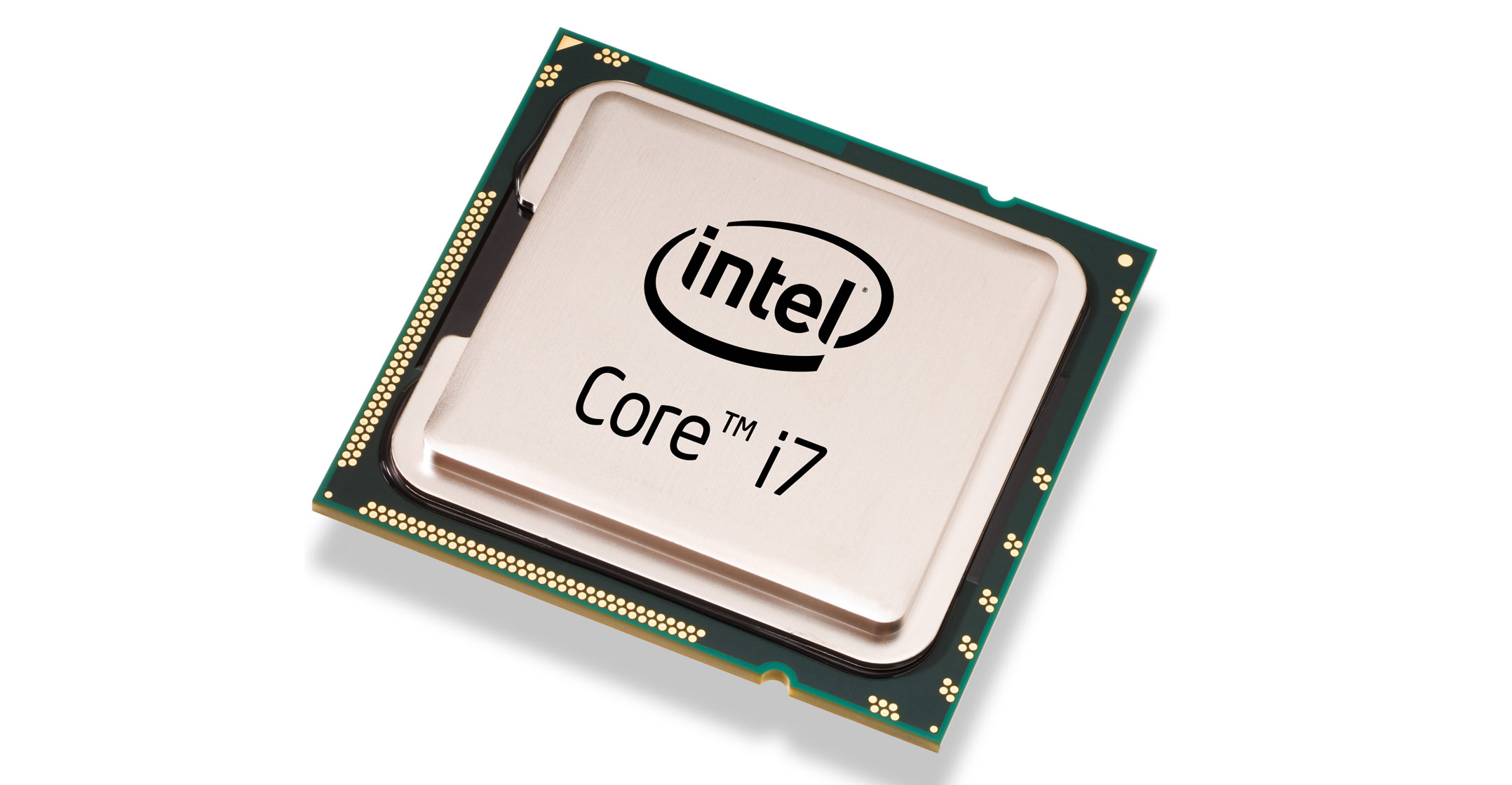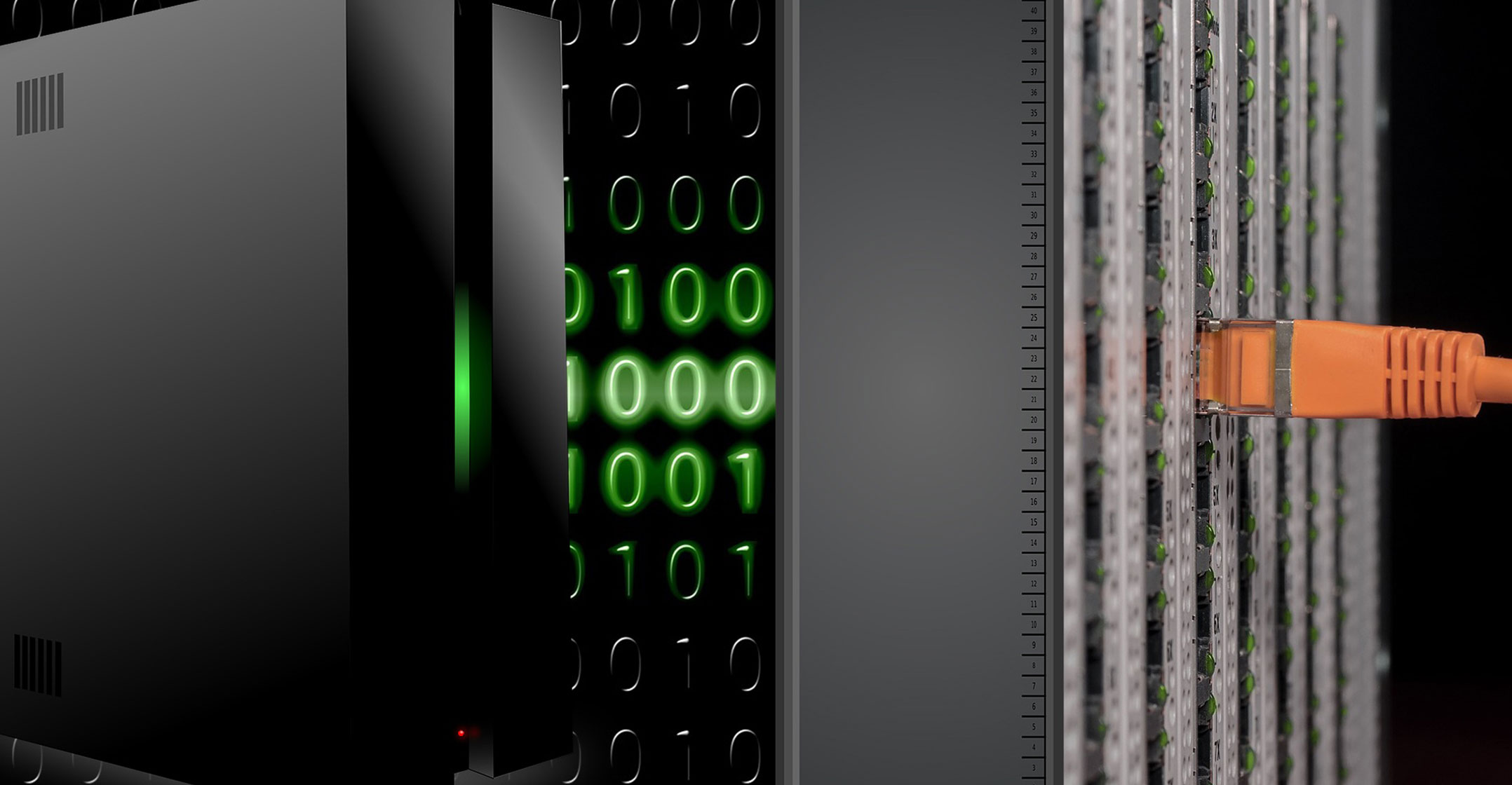 Intel’s first forecasts for 2019 sent a signal to investors that a torrent of spending on data centres, which has nourished sales and earnings growth for years, is beginning to dry up.
Intel’s first forecasts for 2019 sent a signal to investors that a torrent of spending on data centres, which has nourished sales and earnings growth for years, is beginning to dry up.
The chip maker’s revenue and profit projections for the current quarter and the year fell short of analysts’ average estimates, sending shares tumbling in late trading on Thursday. Intel, whose processors are the main component in most of the world’s PCs and servers, cited a slowdown in spending at large cloud computing customers, softness in China and the impact of geopolitical concerns.
The lacklustre outlook marked a change from recent quarters, when Intel has posted robust growth in its data centre unit as the biggest companies in technology, such as Amazon.com, Google and Microsoft, expanded their cloud offerings. Those clients have accumulated inventory and are now cutting orders while they work through their stockpiles, chief financial officer Bob Swan said in an interview.
“Weakness within data centre was a surprise as this has been a consistent growth driver for the company,” said Logan Purk, an analyst at Edward D Jones. “We believe demand has cooled following a significant ramp in spending last year.”
Sales in the December quarter were US$18.7-billion, short of the average analyst estimate of $19-billion. Net income came in at $5.2-billion, or $1.12/share, while analysts projected $1.17/share. Revenue in the current period will be about $16-billion and profit will be 81c/share, Intel said on Thursday in a statement. Analysts polled by Bloomberg had estimated sales of $17.3-billion and earnings of 96c/share.
For 2019, Intel predicted revenue of about $71.5-billion, missing average projections of $73-billion. While that would be a record for the company’s sales, it would represent the slowest annual growth rate since 2015.
Steep deceleration
Intel has a market share of about 99% for chips that run servers, the machines that provide the backbone of the Internet and corporate networks. In the fourth quarter, revenue from that business division rose 9%, a steep deceleration from the third quarter, when that unit’s sales notched up 26%. Aaron Rakers, an analyst at Wells Fargo, was looking for sales growth of 13% for the data centre group in the recent period.
The chip maker’s shares dropped 6.8% in extended trading. They closed at $49.76 in regular New York trading. The stock rose 1.7% in 2018, a better performance than the benchmark Philadelphia Stock Exchange Semiconductor Index, which slid 7.8% for the year. That index had gained 5.7% on Thursday before Intel’s report after better-than-expected results from chip makers Texas Instruments, Xilinx and Lam Research.
Global shipments of PCs, the market that provides Intel with the majority of its profit, declined 4.3% in the fourth quarter, according to Gartner, as political and economic uncertainty reduced consumer demand, even during the holiday season.
 Still, Intel’s division that makes PC processors saw sales improve in the period, even in a slowing market. Revenue rose 10% from a year earlier to $9.8-billion. While volumes were down, average selling prices rose for both desktop and laptop parts.
Still, Intel’s division that makes PC processors saw sales improve in the period, even in a slowing market. Revenue rose 10% from a year earlier to $9.8-billion. While volumes were down, average selling prices rose for both desktop and laptop parts.
The company has recently struggled to transition its factory network to more advanced techniques. That left Intel short of capacity last year. In response, the company prioritised chips that it can charge more for — server and high-end desktop processors — causing shortages in some areas. That may have helped boost profit margins and caused customers to over-order, according to Sanford C Bernstein analyst Stacy Rasgon.
Intel initially sparked concern last year that it may be losing its edge in manufacturing when the Santa Clara, California-based company confirmed that it won’t mass-produce chips made with 10-nanometre technology until later this year. That revised schedule may put it behind rivals such as Taiwan Semiconductor Manufacturing Co.
Intel’s manufacturing lead has helped relegate AMD, its only remaining competitor in computer processors, to less than 20% of industry revenue. AMD, which now outsources production to TSMC, promised 7nm server chips this year, a timeline that would give it a lead over Intel in that metric for the first time ever. Better production, achieved by shrinking the tiny circuits that give processors their functions, allows chips to count faster, use less energy or be produced more cheaply.
Intel is also still searching for a CEO. Swan has been serving as interim CEO since the departure of Brian Krzanich, who was removed in June after the chip maker learnt he’d had a relationship with a subordinate. Swan said the board is continuing its search with a sense of urgency. — Reported by Ian King, (c) 2019 Bloomberg LP

